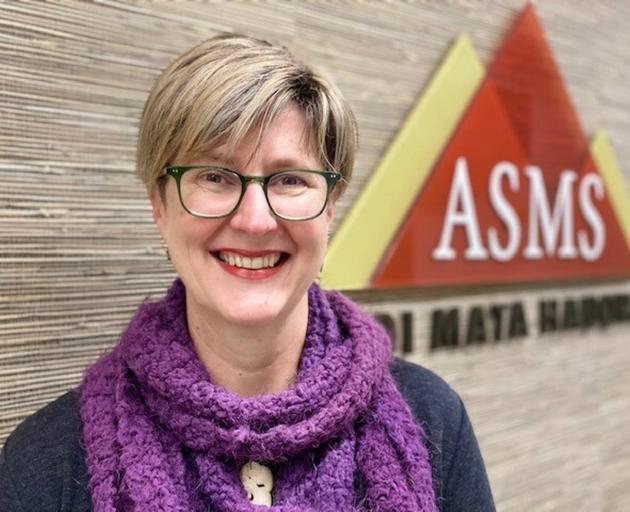Medical representatives are hoping to see other major issues addressed following last week’s announcement $10 million would be put back into the new Dunedin hospital build.
The New Zealand Nurses Organisation (NZNO) and Association of Salaried Medical Specialists (ASMS) both welcomed the news, but concerns remained over the lack of a PET scanner, the use of shell space, pathology and mental health services, and hospital staffing.

On Friday, Health Minister Ayesha Verrall announced the funding, which will include an extra MRI scanner — bringing the total in the new hospital to three — and a complete fit-out of a collaborative work space that would have been "shelled", where the space was provided, but not fitted out.
Investigations into pathology space and the need for psychogeriatric beds would also take place.
These were impacted by the controversial $90 million in cuts made by the Government in December, along with $110 million in extra funding to address a $200 million budget blowout on the project.
NZNO Southern delegate Linda Smillie said she was pleased that the Government was listening to the concerns of clinicians, and hoped other major issues would be addressed.
"The lack of a PET scan that is publicly available to our patients is still a major concern as it continues to entrench health inequality into our system."
The use of shelled bed space and theatre space for other purposes such as clinical work space, storage and plant equipment was also "a cut in real terms".
"There is no clear plan as to how these areas, if ever, will be made available for use."
Focus should now be on keeping the dialogue with the Government open.

ASMS executive director Sarah Dalton said the announcement showed the value of collective action by the community and health unions in calling health funders to account.
"Ensuring that there is decent diagnostic equipment in place, along with appropriate work spaces for hospital staff should be a no-brainer in any hospital rebuild or upgrade."
ASMS hoped this signalled an improvement in design and decision-making for hospital infrastructure generally.
"We also welcome the review of the pathology provision — and would encourage the Government to stick as closely as possible to the original approved plans," Ms Dalton said.
It was also hugely important that specialist mental health was properly funded, both for in-patient and community-based services.
ASMS would keep a careful eye on this as the build progressed.
What was now needed was a dedication to hospital staffing, so that when the new hospital opened there were enough doctors, nurses and health professionals to provide services, she said.
The Southern district had a track record of understaffing key services such as mental health and oncology, and this needed to change.










